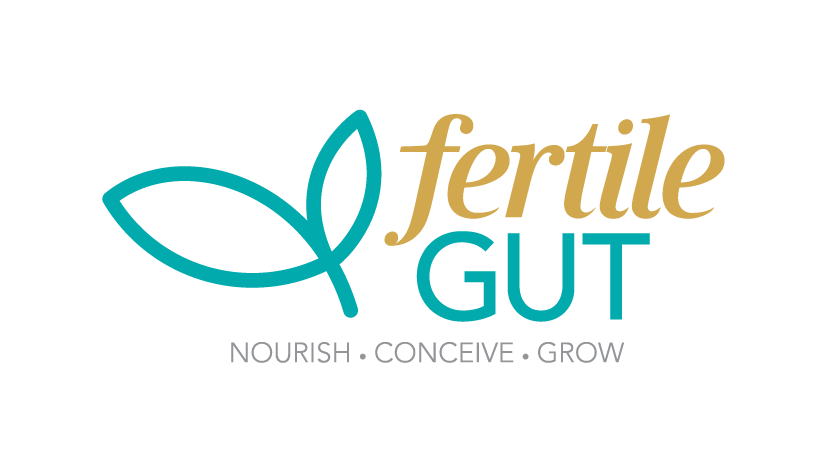|
There is a lot going on around the globe right now. We are in the midst of dealing with the emotional rollercoaster that is infertility as treatment cycles are postponed and the time frames for commencing treatment with COVID-19 restrictions remain uncertain. As we near the end of endometriosis awareness month, I wanted to provide some hope. Endometriosis is a condition where tissue of the endometrium is found outside the uterus. Twenty to 50% of women dealing with infertility have endometriosis [1]. For 20% of people seeking fertility treatment, endometriosis is the sole reason they require additional support to achieve pregnancy. Know that if you have endometriosis (my hand is up!), you are certainly not alone. While you wait, there are steps you can take to optimise your treatment outcome and chance of natural conception. While not all women with endometriosis have trouble getting pregnant, let’s look at how endometriosis affects fertility, and five steps you can take to give yourself the best chance of pregnancy success! Infertility with EndometriosisOxidative stress and inflammation are elevated in women with endometriosis [2, 3], and these overactive immune processes impact fertility. The increased oxidative stress and inflammation change the structure of eggs in women with endometriosis, making them less likely to mature once collected [4]. The endometrium is also different, which reduces embryo implantation and pregnancy progression. The good news? There are ways to dampen oxidative stress and inflammation! Changes in anatomy may also impact how likely egg and sperm are to get together. Over 30% of women with endometriosis may present with adhesions, which is a type of scar tissue [5]. Adhesions may cause structural changes that restrict the passage of eggs and sperm, making conception difficult. These adhesions are associated with increased pain, impacting quality of life [6] but there are positive ways to manage, and even reduce this pain. While fertility treatments for endometriosis may involve interventions like laparoscopic surgery, here are some steps you can take now to improve your chance of pregnancy success. Tips to Improve your Fertility with Endometriosis1. ExerciseOne of the best anti-inflammatories going around, exercise can play an important role in the management of endometriosis. Exercise ramps up anti-inflammatory and anti-oxidant defences to reduce inflammation. This improves the health of our energy producing mitochondria, hormone regulation and other pathways that promote better quality eggs. Exercise is also a powerful n effective tool for managing pain. Pain and depression are higher in women with endometriosis [7], but incorporating regular physical activity into your day can be a great way to improve quality of life and fertility! 2. Strength TrainMost people think of exercise as aerobic activities, such as walking or swimming, but don’t forget to strength train. Strength training promotes the production of anti-inflammatory proteins and can limit the loss of muscle and strength that comes with chronic exposure to high levels of inflammation. Getting strong is also a great way to boost energy levels to combat fatigue, and you can strength train from the comfort of your lounge room. 3. Nourish Your BodyA diet rich in different coloured fruits and vegetables, wholegrains and oily fish has been linked to a lower risk of developing endometriosis [6]. On the flip side, diets high in trans fats, which often come from processed foods, and low in anti-inflammatory Omega-3 fats may increase the risk of endometriosis [6]. If you have endometriosis, the good news is that diet is an incredible way to reduce inflammation and manage the condition. One strategy that may suit your medical history is to adopt a Mediterranean style of eating. This typically means:
Eating a Mediterranean Diet is effective for fertility as it changes what happens in your gut to optimise egg quality. See our next tip to find out more! 4. Improve Your Gut HealthWe have over 2kg of bacteria living in our gut. They influence how we get our nutrients from food, our mood, muscle strength and our fertility. In endometriosis, the growth of endometrial lesions outside of the uterus is driven by oestrogen, and our resident gut microbiota (the collection of bacteria and other microorgamisms in our gut) play a role in regulating these levels. Endometriosis is associated with an imbalance in gut microbiota. Women with endometriosis have lower concentrations of beneficial Lactobacilli bacteria, and higher levels of potentially pathogenic bacteria [8] that increase inflammation. You can promote a healthy balance of bacteria in your gut by eating a diet rich prebiotic fibre. Prebiotics act as a food source for beneficial gut bacteria. When you don’t get enough prebiotic fibre in your diet, your bacteria start to digest your gut lining for food, which promotes more inflammation. Eat a wide variety of fruits, vegetables and wholegrains each day to optimise your gut health for fertility. It can be hard knowing where to start and that’s where a specialist Dietitian can help! 5. Get to BedSleep is probably the single most important thing we can do to ensure physiological and mental health. Without sleep, our immune system is not as effective at fighting off viruses, our sex drive reduces, and our pain threshold increases. Research shows that sleep quality is reduced in endometriosis [9]. Missing out on sleep can reduce our pain threshold, and promote inflammation which we know is not great for fertility. Just as we adopt healthy habits around moving each day and making positive choices around what we eat, consciously adopt strategies that can improve your sleep. Stick to a usual bedtime and wake up schedule, avoid exposure to screens for an hour before bed and try a mindfulness app just as you get into bed to bring on sleep quicker. Once you are exercising regularly this has the benefit of enhancing sleep quality too! Get Empowered!Empower yourself to take charge of your fertility! If you would like extra support in getting started we are here to help. Make sure you are following us on Instagram at @DrKitic and @fertilegut for tips and strategies for improving your preconception health!
Comments are closed.
|
|
1300 084 694
[email protected] Suite T36, 477 Boundary St Spring Hill, Brisbane QLD 4000 Fax. 07 3540 8164 Copyright © 2022
|



